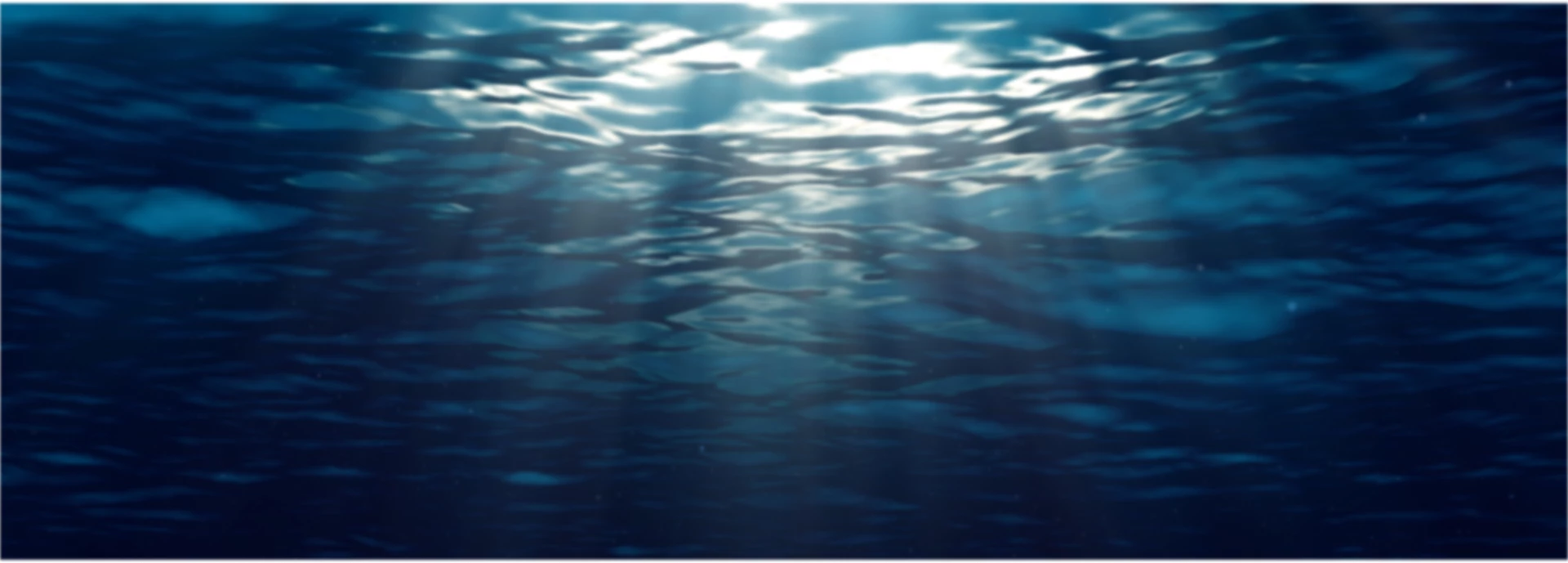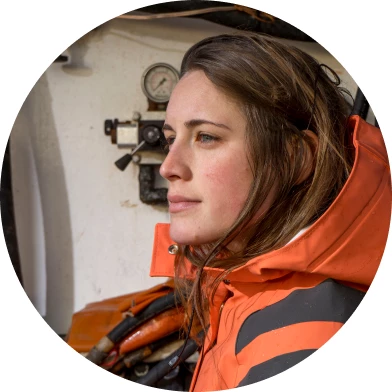Collaborative inquiry - The approach
Using our research on “the systemic nature of gender inequality in the maritime industry” as a starting point, we seek to organise a collaborative inquiry (co-inquiry) to shape a stronger business case for gender equality and women participation in maritime industries.
Building on insights from other sectors, this inquiry will explore interlinkages that may exist between gender equality, environmental performance, safety at sea, equitable and inclusive green transition, and technological and social innovation in seafaring operations.
Designed as a participatory action research, this co-inquiry will convene 20-25 participants (industry practitioners and issue experts) to a series of professionally facilitated workshops held over a one-year period. Together participants will explore a set of initial questions (defined by the co-inquity steering group) which are continously refined by the group as it convenes.
Between workshops participants will be encouraged to further explore and validate in their professional context key points emerging from the co-inquiry. If required additional research may take place between workshops to bring new information or substantiate findings. Conclusions from the co-inquiry will be presented to a broader range of stakeholders, further refined and then published.
Collaborative inquiry - The content
Phase 1 - gender & systems change | What barriers to improve gender balance and build a pipeline of female talents in sea-going professions seem realistic to be addressed first? How does this vary across different maritime industries? What sustainabilty systems (regulations, incentives, market forces, societal pressures) would support a shift that addresses these barriers? What is missing in the current business case for gender equality?
Phase 2 - gender & marine environment | How greater women’s participation in onshore and crew positions have a positive domino effect on improving the environmental impact of sea-going activities? Could greater corporate attention to the marine environment be an incentive to bring talented women to consider a career in the maritime?
Phase 3 - gender & safety at sea | How addressing issues that keep women away from sea-going professions also benefit male seafarers' well being and improve inclusive safety? What direct linkages exist between improved gender, ethnicity, age or religion inclusion and positive impact on safety?
Phase 4 - gender & green transition | Why women participation is critical to achieving an equitable green transition? How the promise of the Just Transition could incentivize talented women to consider a career in the maritime?
Phase 5 - gender & innovation | How would women’s participation boost technological and social innovation and help the industry address ESG regulations, and market demand for sustainability and future employees expectations?








